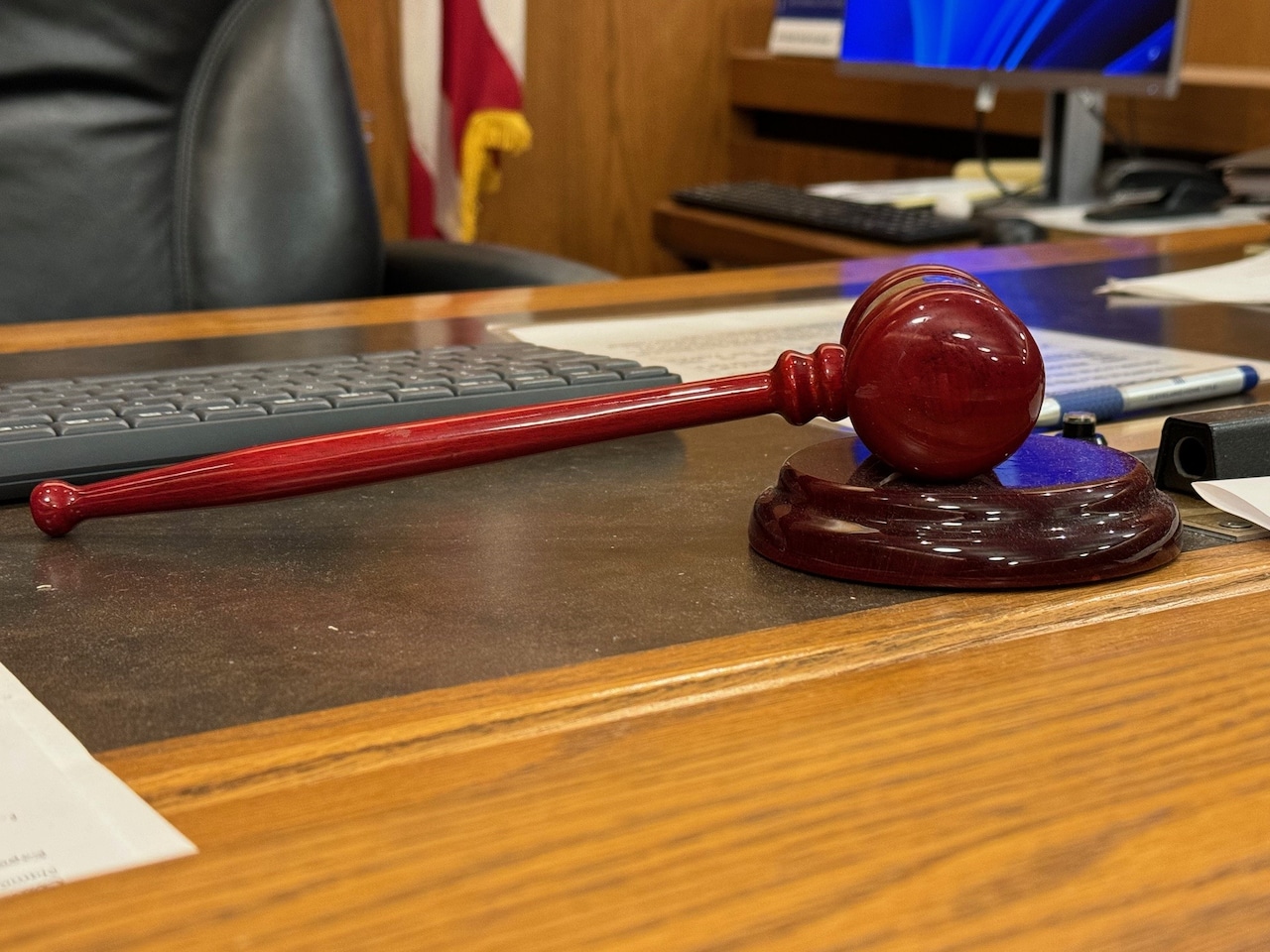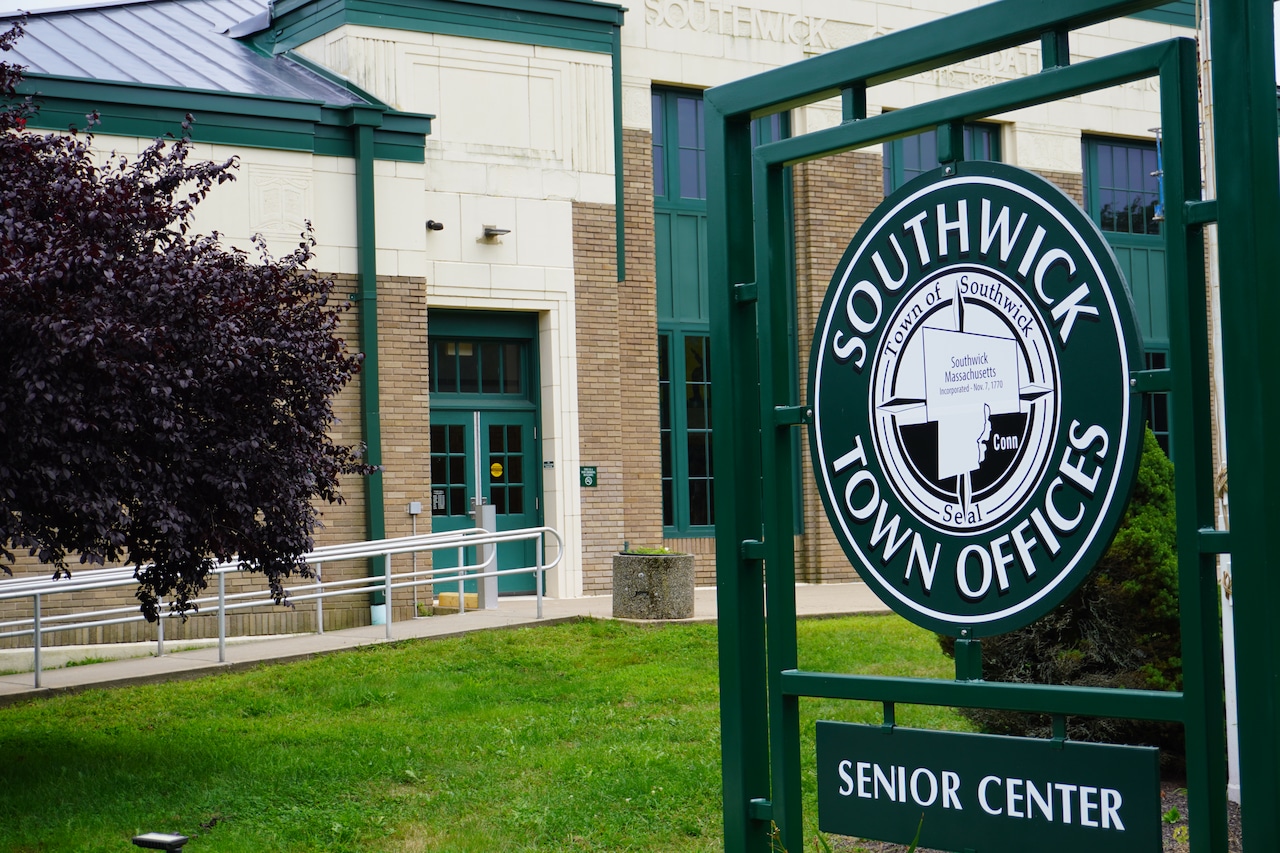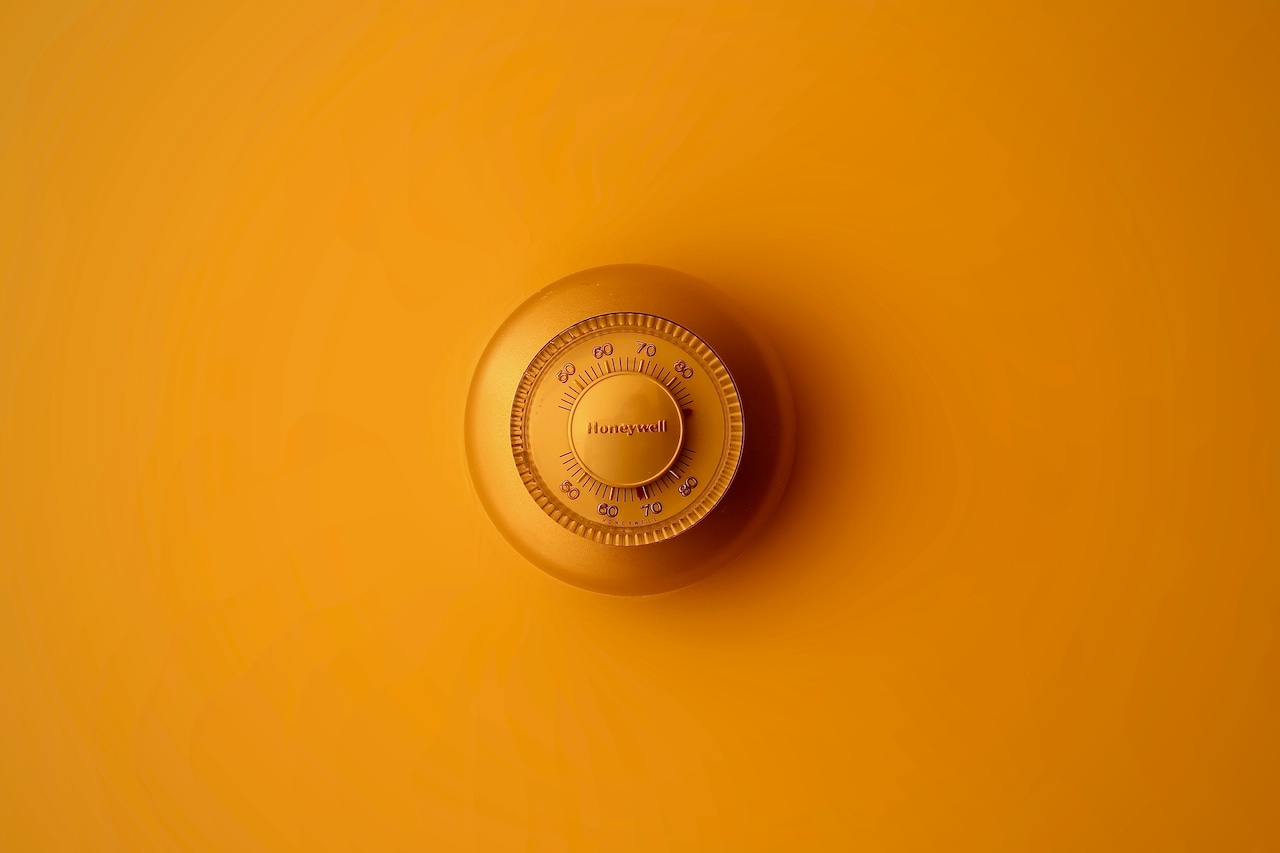
This story is part of MassLive’s ongoing housing court guide series. You can read the other stories in the series here.
Going to court can be daunting, especially when it is your first time. While every courthouse is different, a lot of what happens is the same no matter where you are.
To find out when your next court date is, check your summons if you received one in the mail, as it should include the date and location. However, if you have lost the summons or you have an additional hearing later in your case, you can easily find out when your next hearing is by calling the clerk’s office to ask. You may also be able to find out the next date by searching for your case in the Massachusetts Trial Court Case Access system.
You should always plan to arrive early to court to give yourself time to check in with the clerk’s office and find the right courtroom. Remember that if you are not present in the courtroom when your case is called, you may default and automatically lose your case, even if you are in the wrong courtroom or out in the hallway.
Dress nicely for court if you can. While you don’t necessarily have to wear formal attire, you should look clean and presentable. Avoid wearing hats, shorts, ripped clothing, shirts with inappropriate images or text or clothing that is too revealing. Ask yourself if you would wear your outfit to work, church, a nice dinner or to visit your grandparents. If you wouldn’t, consider wearing something else.
When you go to court, bring all documents you need with you. You can bring your cellphone, but you will not be able to use it inside the courtroom. Do not bring any weapons with you. Arrange for child care to avoid bringing children to court, as they can be disruptive, especially if you have to sit quietly in a courtroom for hours.
If you do not speak English well and need a translator, request one ahead of time (see “How do I request translation services?”). If you do not request an interpreter ahead of time, you can still ask for one on the day you are in court by speaking to the clerk’s office or a court officer.
When you arrive, most courthouses will require you to go through security, walking through a metal detector and putting your belongings through an X-ray machine. This is to keep everyone in the courthouse safe.
Once inside the courthouse, find the courtroom where your case will be heard. Usually, you can find this information by going to the clerk’s office. Some courthouses host multiple courts, so make sure you are going to the housing court clerk’s office if that is where your case will be handled. If you aren’t sure where the clerk’s office is, ask a courthouse staff member.
The clerk’s office will often have a printed list of each case being heard that day, which will tell you what courtroom to go to, but if there is no list, just ask the person behind the front desk. In some courthouses, individual courtrooms will also have a posted list of cases being heard that day in that courtroom.
If you arrive at the courthouse after it opens but before court is in session, the courtroom doors may be locked when you arrive, and you will have to wait in the hallway. A court officer will open the doors when it is time to go in.
Inside the courtroom, you will see rows of benches facing the main portion of the courtroom, which will usually be separated by a barrier. You can sit anywhere on the benches, unless a court officer tells you a certain section is reserved. Silence your cellphone when you enter the courtroom.
When the court session begins, the judge will enter the room and a court officer will say “All rise.” At this time, you should stand up to show respect for the judge (unless you have a physical disability that prevents you from doing so) and remain standing until the court officer says you may be seated.
A clerk seated at a table in front of the judge will read some information about court procedure and announce each case. If you are there for an eviction case, the clerk will read a list of every case being heard during that session. Listen carefully and when the clerk says your name, you should stand up and say loudly and clearly that you are present. If the clerk does not say your name, you may be in the wrong courtroom, or you may have just not heard them. Ask if you are on their list to confirm that you are in the right place, and if not, go to the correct courtroom.
If you are in the correct courtroom but arrived after your name was called, do not leave. They may call the list a second time.
Unless you are the first person on the list to be called that day, you will have to wait quietly while others have their cases called until it is your turn. It can take a long time to get through the list, so be patient.
If you are there with someone, avoid talking while court is in session as it is disruptive and a court officer may tell you to be quiet or even ask you to leave. Do not eat, drink, use your cellphone or read a book, magazine or newspaper while court is in session.
When your case is called, stand up and go to the front. You will usually be asked to go through the barrier between court benches and the clerk and judge to one of the two tables, and your landlord (or the other party in the case) will go to the other side.
Wait until the judge asks you a question or says it is your turn to talk. Don’t talk over others when it is their turn to speak and only speak directly to the judge, not to the other party, unless you are asking questions of a witness during a trial. When you speak or when the judge is speaking to you, stand up, be respectful and address the judge as “Your Honor.”
When the hearing for your case is over, listen carefully in case the judge or clerk has instructions for you on what to do next. If you do not understand what they are telling you to do, ask for clarification.
When your hearing is over, stay quiet until you have left the courtroom, as the next case will likely start immediately after yours. Stop at the clerk’s office or elsewhere in the courthouse if you have been instructed to do so or if you need any other information, and then you are free to leave.
Note on immigration enforcement in courthouses: You have the right to access the court system regardless of your immigration status. The Massachusetts Supreme Judicial Court has ruled that court officers and staff cannot detain you when you are in court if Immigration and Customs Enforcement (ICE) has requested it.
In addition, ICE will generally only make arrests in or near courthouses if there is imminent risk of violence, a national security threat, a threat to public safety or a risk of destruction of evidence relevant to a criminal case. You can find more information about the ICE policy on arrests in or near courthouses here.
What if my court hearing is being held virtually?
If your court session is being conducted virtually, you can connect via Zoom or telephone.
To connect via Zoom, you may use the free Zoom smartphone app, the Zoom website or the app on a computer. To connect, click “Join Meeting,” then enter the meeting ID number and passcode. If you have not been provided with either of these codes or do not have access to them, call the clerk’s office and they will be able to provide them.
If you cannot connect via Zoom, you can also join the meeting via telephone. There may be a phone number to call on the notice you received about your court hearing, or you can call the clerk’s office and tell them you do not have access to Zoom and they will be able to provide it. Call the number then enter the meeting ID and passcode to join the meeting.
For more information about virtual hearings, click here.





